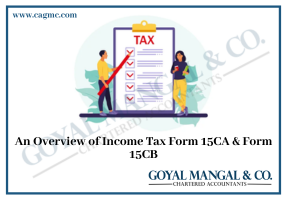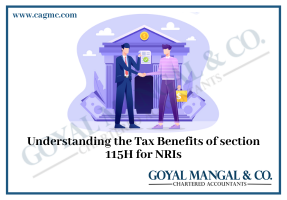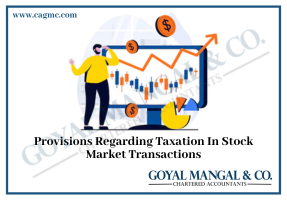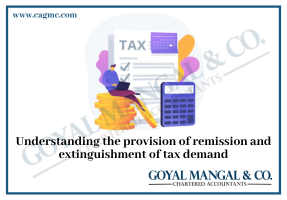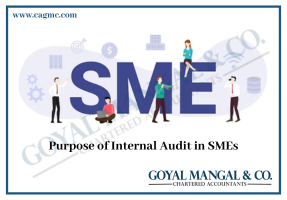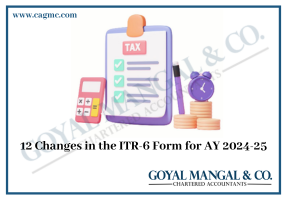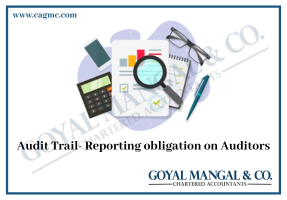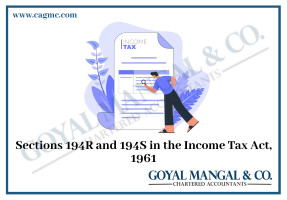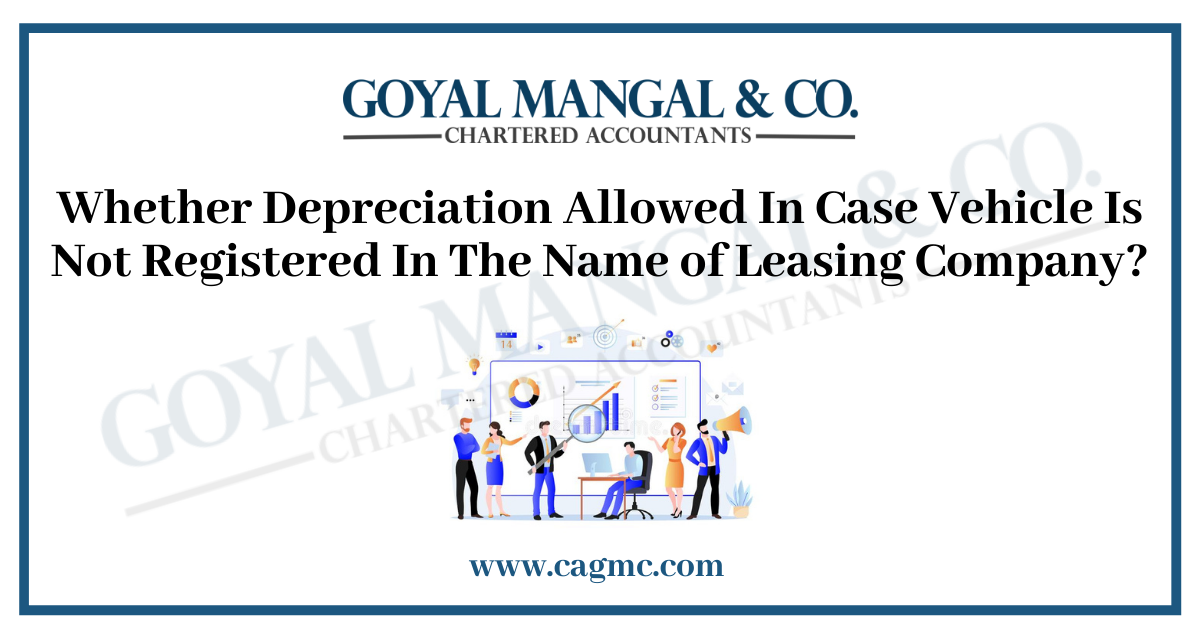
Well, to begin with, we all know that according to the Motor Vehicle Act, 1988, the registration of a leased motor vehicle should always be in the name of the lessee and not the lessor. But this was not so according to the Income Tax Act, 1961 for claiming depreciation of assets. Over here, the asset has to be owned by the person claiming depreciation. So, let’s dive deep into the question of whether depreciation is allowed in case the vehicle is not registered in the name of the leasing company.
What is a Leasing Company?
A leasing company is the one that provides a physical asset or service so that a commercial client or an individual can use it for an established period in return for regular payments which is known as financial leasing. The lessee is the one who receives the assets under the lease contract while the lessor is the owner of the assets or services provided.
What is depreciation on leasing?
Under the Income Tax law, the two most crucial conditions for tax depreciation are ownership and usage of the asset. While condition on usage is quite a settled issue, ownership condition still keeps the judges busy as the new model of businesses is evolving. The issue of entitlement of depreciation in a lease transaction has witnessed a massive debate in recent times. The question as to who shall be eligible to claim depreciation in a lease transaction, whether it is the person who hires (lessor) or the person who hires for business use (lessee) is still a flaming question.
Whether Depreciation Allowed In Case Vehicle Is Not Registered In The Name of Leasing Company?
To deal with this question, let us take an example of a problem. Let us assume that there is a company named X Ltd which is a non-banking finance company. It is engaged in the business of leasing as well as the hire-purchase business. It purchases motor vehicles from Durga Motors and then leases them out to its customers. The lease agreement made with the customers clearly states that in case of default of customers for paying the rent of lease or any other conditions, X Ltd has the authority and power to repossess the motor vehicles that are leased out. This is because the registration of the vehicles is in the name of the lessee according to the provisions of the Motor Vehicles Act, 1988. X Ltd claimed depreciation of Rs 5 lakhs. However, the claim was rejected by the Assessing Officer on the ground that X Ltd who is the assessee over here only finances for the purchase of leased vehicles, and thus it is not the owner and used the same motor cars in its business.
Section 32 of the Income Tax Act, 1961
Section 32 talks about the conditions that should be fulfilled in the calculation of depreciation. Let us have a look at the conditions:-
- The assets must be owned fully or partially by the assessee.
- The assets should be in use for the business or profession of the taxpayer. If the assets are not in use exclusively for the business and are used for some other purposes, then the depreciation allowed would be proportionate to the use of business purposes. Under Section 38 of the Act, the Income Tax Officer has the right to determine the proportionate part of the depreciation.
- Co-owners can claim depreciation to the extent of the value of the assets which is owned by each co-owner.
- Depreciation is mandatory and shall be allowed as a deduction irrespective of a claim made by a taxpayer in the profit and loss account.
Section 37 of the Income Tax Act, 1961
Section 37 of the Income Tax Act, 1961 says that any expenditure which is not like capital expenditure or personal expenses of the assessee laid out fully and exclusively for the business or profession shall be allowed in calculating the income that is chargeable under the Profits and Gains of Business or Profession.
Now coming to the complete answer to the question, in this case, motor vehicles were registered in the name of the lessees during the time of lease under the Motor Vehicles Act, 1988. The depreciation was not claimed by the lessees for income tax purposes, however, the Apex Court gave the ruling in favour of the leasing company so that they can get the benefit of claiming depreciation as deduction expenditure under the provisions of Section 32 of the Act.
Arguments that were made for ruling in favour of the Leasing Company
The arguments that were made for ruling in favour of the leasing company under Section 32 of the Act are the Motor Vehicles Act, 1988 mandates that during the period of the lease, the vehicle should be registered in the Certificate of Registration in the name of the lessee and after the lease period ends, the vehicle again has to be registered in the name of lessor company who is supposed to be the owner.
The section clearly leaves no choice for the lessor to allow vehicles to be registered in the name of the lessee, thus no inference can be concluded from the registration certificate as to ownership of the legal title of the vehicles leased. And if the lessee was actually the owner, then he should have claimed depreciation on the vehicles, which was not done.
It would have been a strange scenario to have no claim of depreciation asset due to the vacuum of ownership during the period of the lease. Thus, the entire lease rent paid by the lessee was treated as deductible revenue expenditure in the hand of the lessee. This confirms the position that the assessee was the owner of the vehicles as far as Section 32 is concerned.
Conclusion
So, that was all the answers regarding the question of whether depreciation is allowed in case the vehicle is not registered in the name of the Leasing Company. However if at all lessee would have claimed lease rent as deductible revenue expenditure under the provisions of Section 37 of the Income Tax, Act, 1961 and would have claimed depreciation either, then the leasing company would have been entitled to claim depreciation as deductible expenses on vehicles leased under Section 32 of the Act.
